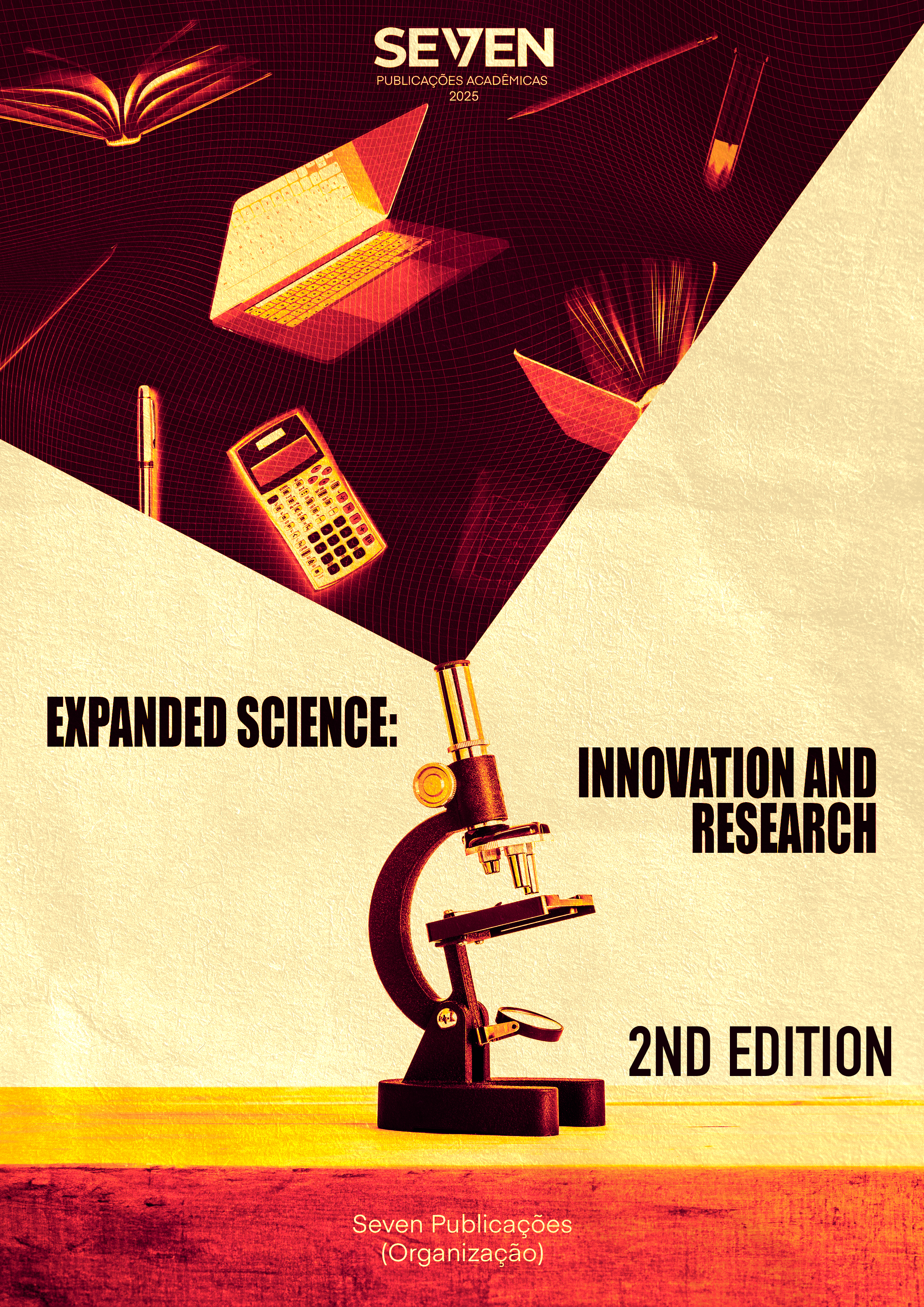REGULATORY CHALLENGES OF THE CARBON CREDIT MARKET IN BRAZIL
Keywords:
Emissions Trading System, Climate Policies, Market Regulation, Sustainable Development, Environmental GovernanceAbstract
The growing relevance of the carbon market in the international arena places Brazil before the challenge of structuring a regulated system capable of reconciling economic competitiveness with environmental protection. In this context, the enactment of Law No. 15,042/2024, which establishes the Brazilian Greenhouse Gas Emissions Trading System (SBCE), constitutes a regulatory milestone, while raising doubts about its sufficiency to consolidate a robust and effective market. This study aimed to assess the law’s capacity to enable a regulated carbon market in Brazil, considering its historical and legal trajectory, the distinctions between voluntary and regulated markets, the main technical and institutional challenges, as well as its merits and limitations. Methodologically, the research is exploratory, with a qualitative approach, based on bibliographic and documentary review across scientific databases (Scielo, Scopus, Google Scholar) and legislative records. From an initial corpus of 303 documents, 90 were selected for in-depth analysis and organized into thematic categories (regulatory frameworks, market design, infrastructure, socio-environmental justice, and methodological gaps). The results indicate that, although the law advances by creating a mandatory system with phased implementation and benefit-sharing mechanisms, significant gaps persist. These include the exclusion of agribusiness from emission limits, the absence of clear sectoral reduction targets, weaknesses in monitoring, reporting, and verification (MRV), and the risk of speculative dynamics. In conclusion, Law No. 15,042/2024 constitutes an important step but remains insufficient. Regulatory and institutional refinements are required to ensure an environmentally effective, legally stable, and socially just carbon market. Ongoing research and careful monitoring of its implementation will be essential for aligning the system with Brazil’s climate goals.
Downloads
Published
Issue
Section
License
Copyright (c) 2025 Gustavo Domingos Sakr Bisinoto, Valter Gustavo Danzer, Julio Cezar de Lara, Rodrigo Bruno Zanin, Ernandes Sobreira Oliveira Junior

This work is licensed under a Creative Commons Attribution-NonCommercial 4.0 International License.





